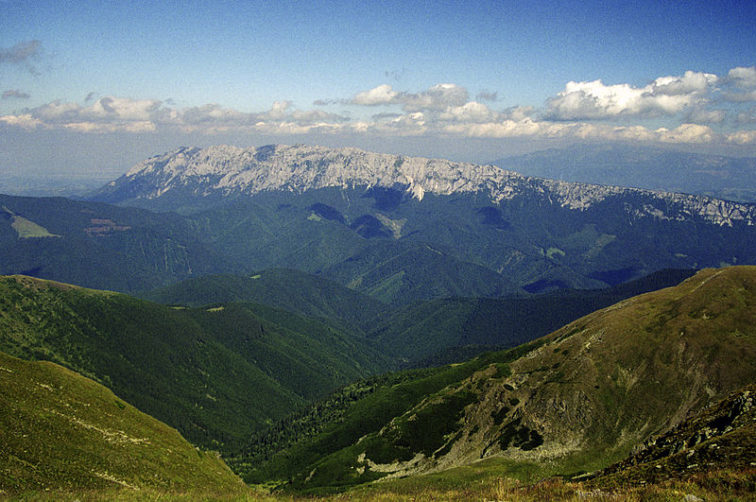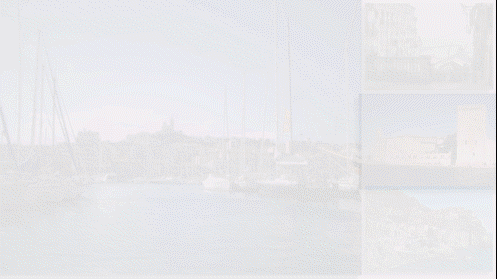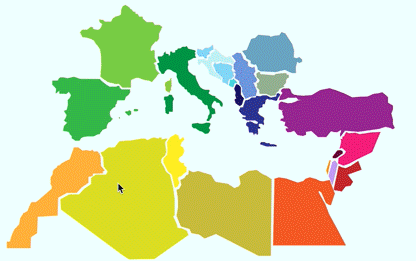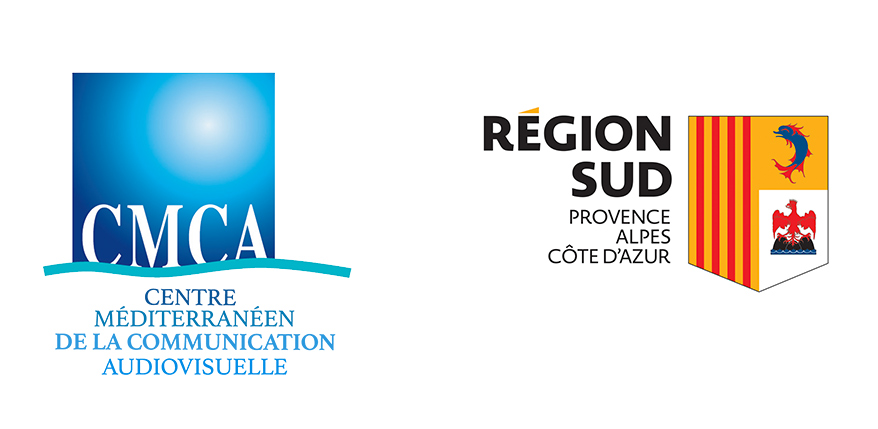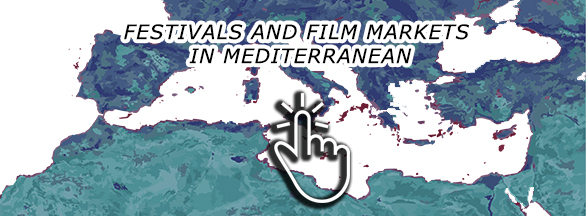Romanian director Liviu Marghidan is finishing post-production on his third feature, Refuge.
The film, co-written with Alexandra Posa, takes us into the heart of a broken family. After their parents’ divorce, the brother and sister are separated. The girl lives with her mother in France and the boy in Romania with his father. Every year the family gets together for a few days to go climbing in a nature reserve. But as the last day of their happy reunion approaches, the children want to stay together longer. They decide to run away from their parents.
At times very dramatic, this is one of the rare Romanian films in which the main characters are children. The director deplores that this is so. Even if his film is not directly aimed at children, he feels films intended for that age group are necessary; they have the ability to “inspire them, guide them and above all, invite them outside.” Liviu Marghidan does not define his film as a family film, but as a film about “the powerful bond uniting a brother and sister.”
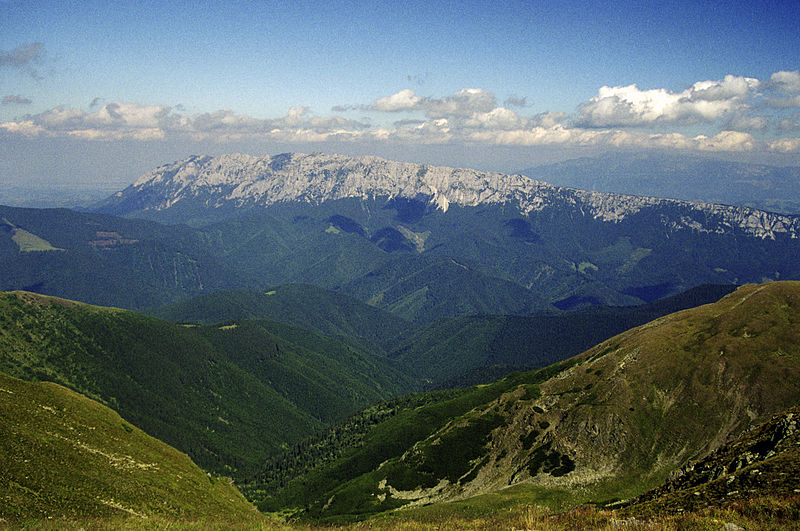
Refuge was shot between June and August 2020 in the Piatra Craiului mountains, between 1,600 and 2,000 metres above sea level. Producer Ruxandra Flonta says the shoot was tough for the whole crew: “We organized two long climbs on the ridge of Piatra Craiului, each time spending five nights in a tent or a refuge. The ascent was made all the more difficult as each crew member carried their own food and belongings.” The crew trained for two months in climbing and survival techniques.
The “Romanian New Wave”
Liviu Marghidan is a director, producer and cinematographer. He became known for his work on “Romanian new wave” films. He worked notably with director Cristian Nemescu, now deceased, and on the collective film Contes de l’âge d’or (2009). The “Romanian new wave” label emerged to define the country’s film productions.
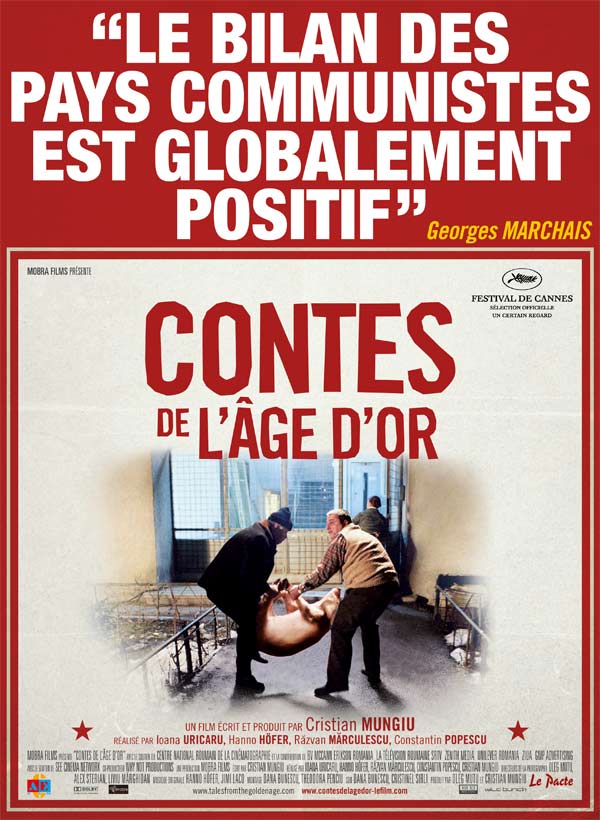
Romanian films developed in the mid-1990’s after the death of Nicolae Ceausescu and the end of his regime. Film schools opened their doors, enabling many students to train as technicians, actors and directors. The low cost of labour also attracted many foreign productions, allowing Romanian professionals to develop their skills.
Today, Romanian cinema and this “new wave” are widely recognized by international organisations, Cannes being an important shop-window for them. Many films have won awards there, including Cristi Puiu’s The Death of Dante Lazarescu (2005) and Cristian Mungiu’s 4 months, 3 weeks and 2 days (2007) and Baccalaureate (2016).
These films offer a bleak picture of their country, haunted by history. The directors use farce and humour as well as realism to question their society and its past. Film critic Mathieu Macheret says these films: “combine fictional writing with techniques and devices which could be called documentary […]. There is a concern to push the representation of reality as far as possible.”
Sources : Cineuropa, FilmNewEurope, Les Inrockuptibles, RTS

